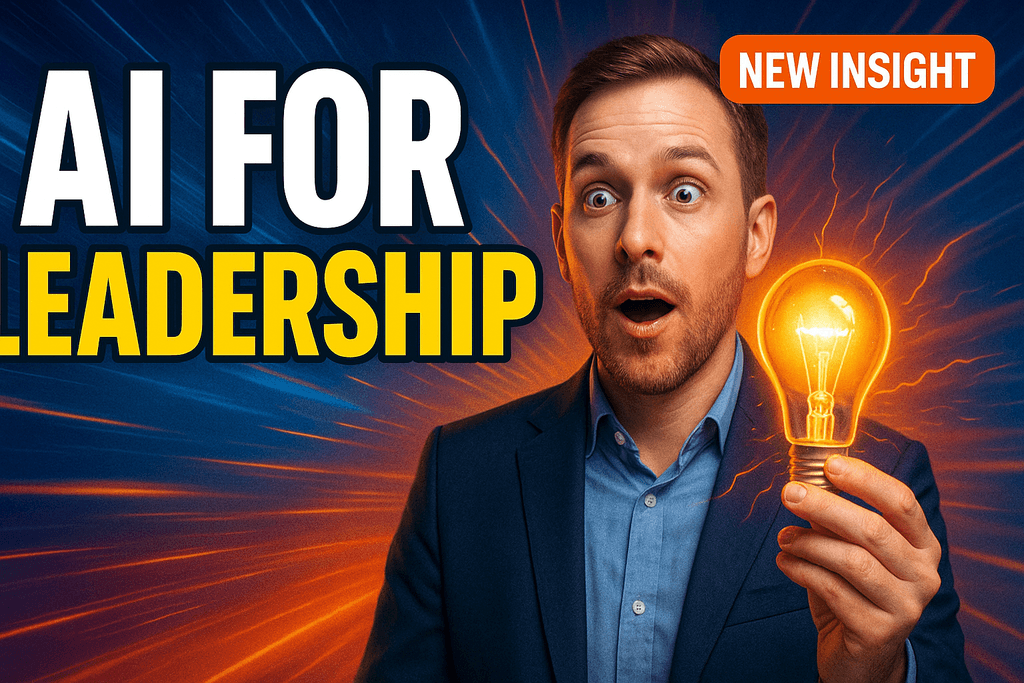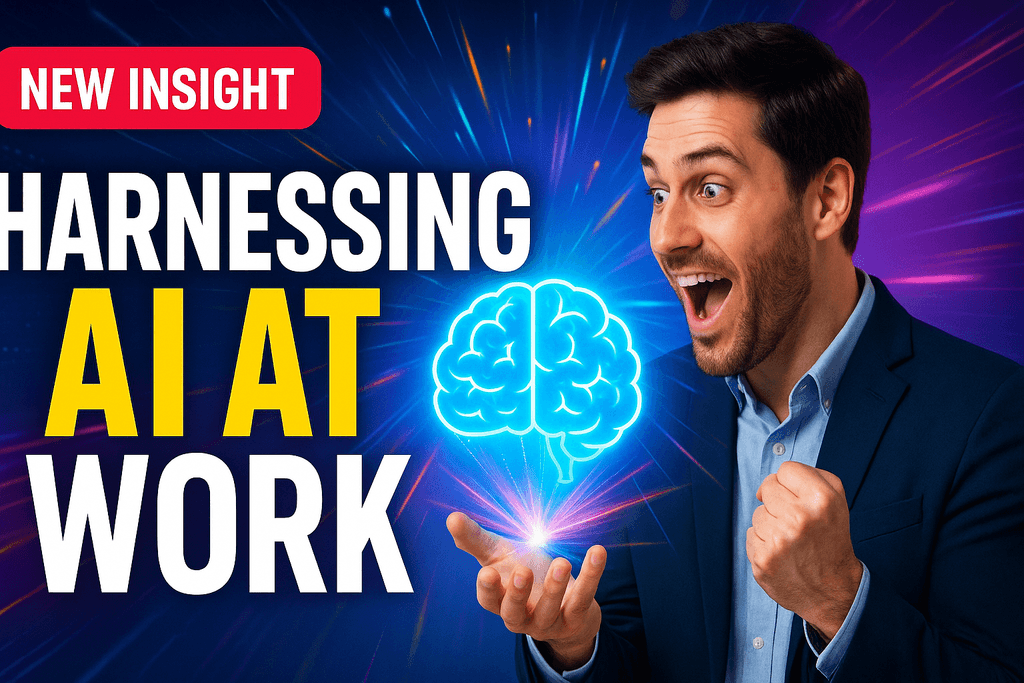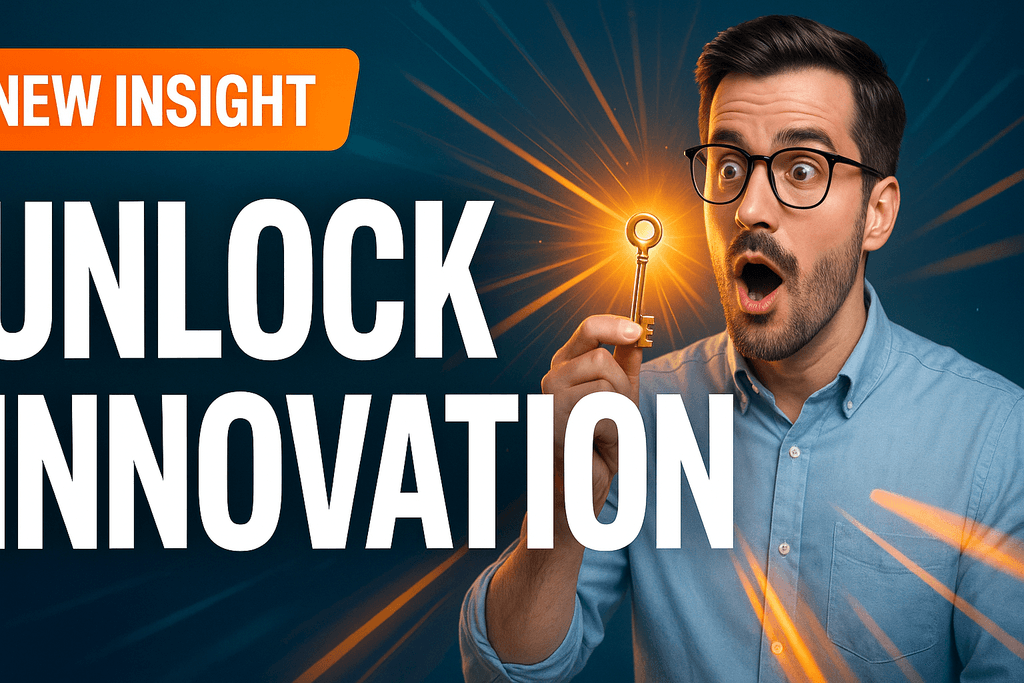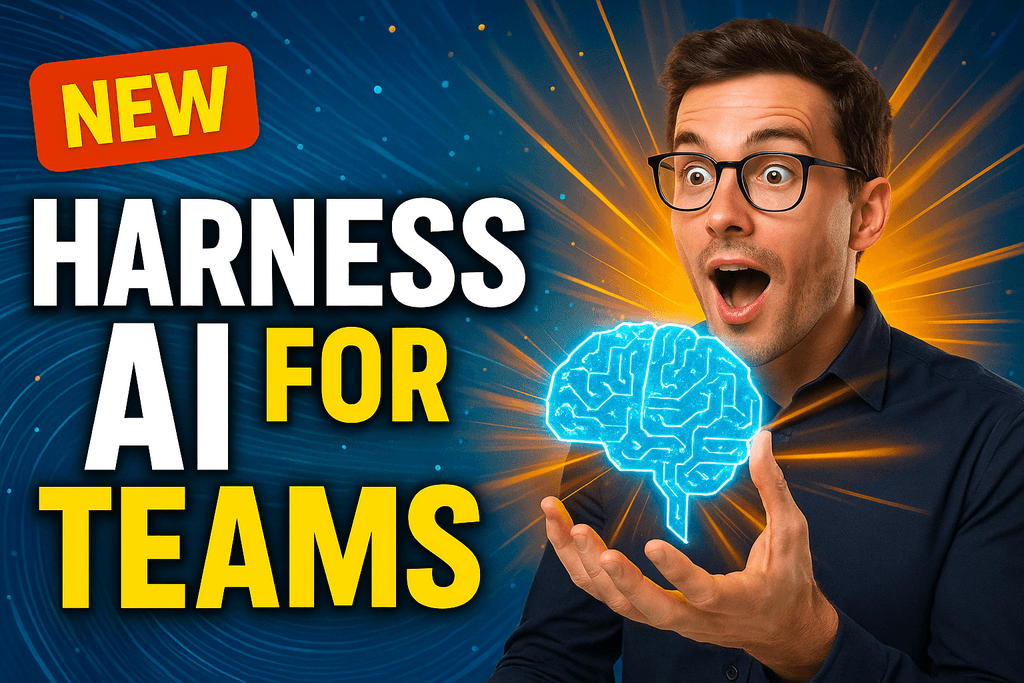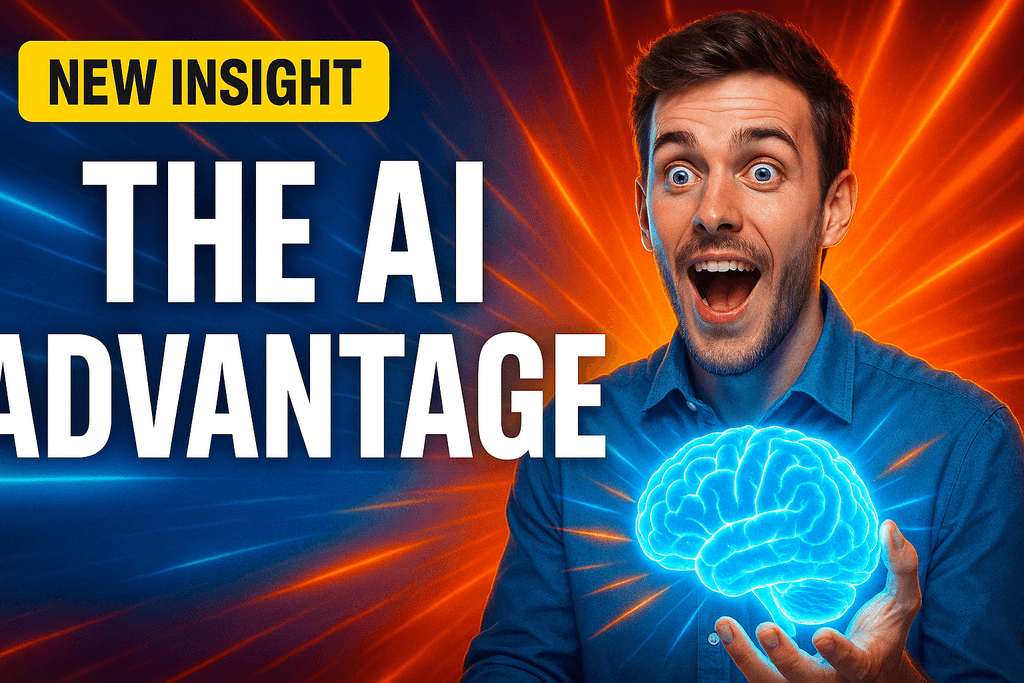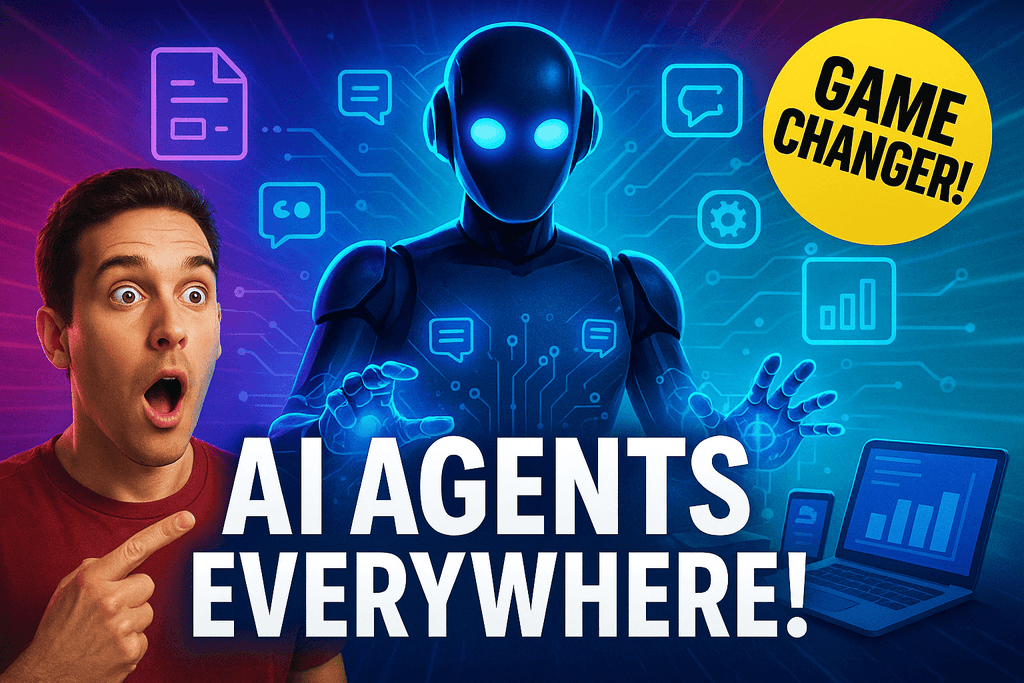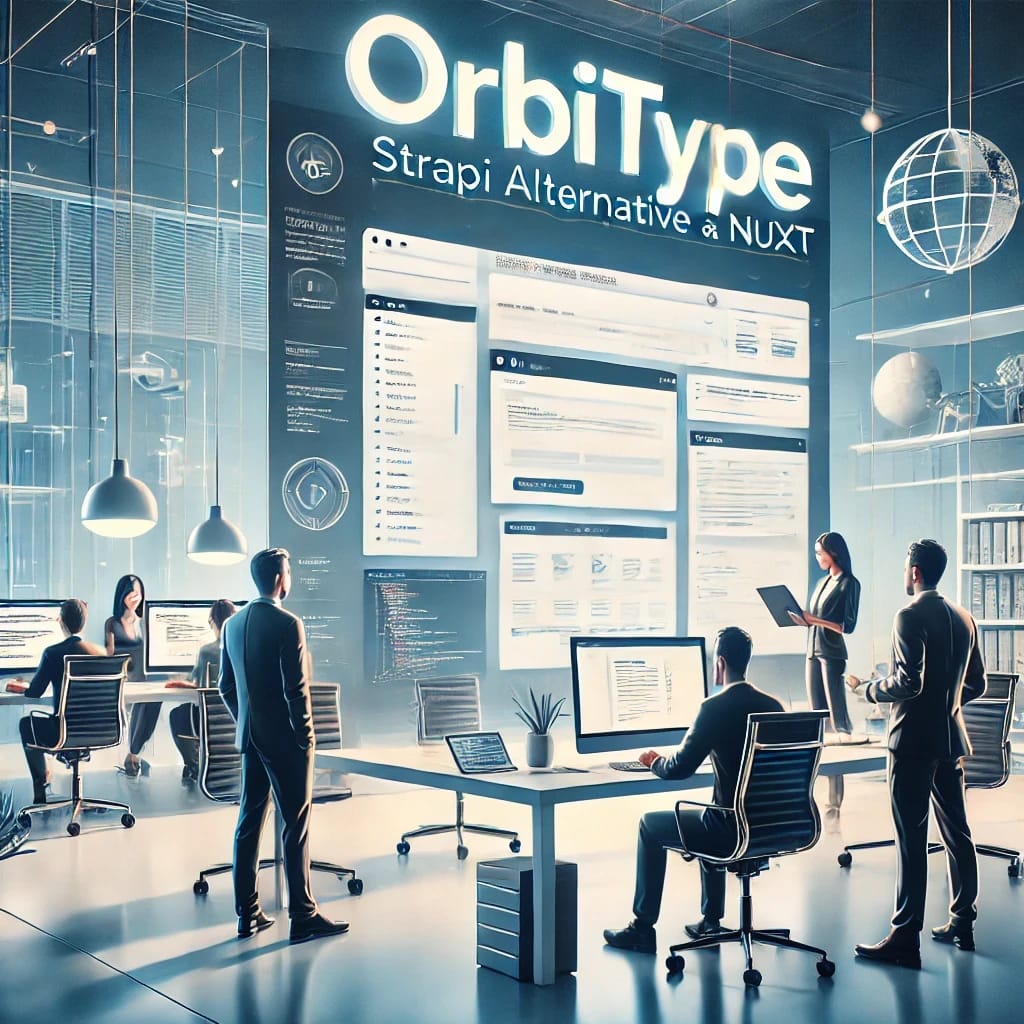
Table of Contents
Introduction: The Future of Real Estate Digital Transformation
Real estate websites serve as the digital face of agencies, playing a crucial role in connecting buyers and sellers in today's competitive market. However, to truly stand out and deliver exceptional experiences, these platforms must evolve beyond traditional content management limitations to embrace intelligent automation and AI-powered workflows.
Modern real estate operations demand more than static websites—they require dynamic, intelligent systems that can autonomously manage property listings, streamline client interactions, and optimize business processes. Traditional content management systems (CMS) often struggle to meet these demands due to limitations in scalability, flexibility, and the inability to integrate intelligent automation.
A Headless CMS enhanced with AI agents provides a revolutionary solution by separating the backend from the frontend while introducing autonomous digital workers that can manage complex real estate workflows. In this comprehensive guide, we'll explore why transitioning to an AI-powered Headless CMS can transform your real estate platform into an intelligent, self-managing ecosystem.
Current Challenges with Traditional CMS in Real Estate
Traditional CMS platforms come with inherent limitations that hinder their ability to effectively manage modern real estate operations. A significant challenge lies in their lack of scalability. As property listings increase and market demands grow, these systems often slow down, frustrating users with delayed load times and inefficient navigation that can cost agencies valuable leads.
Another critical issue is performance bottlenecks, often caused by the reliance on bloated themes and plugins. These additional components may add functionality but also introduce lag and system instability, which can deter prospective buyers from exploring property details and completing inquiries.
Static templates further limit the flexibility of traditional CMS platforms. They restrict developers and designers from creating customized, interactive property pages that cater to diverse user needs and modern expectations for dynamic, engaging real estate experiences.
Perhaps most importantly, traditional systems lack intelligent automation capabilities. They cannot autonomously manage lead qualification, property matching, or client communication workflows. This manual dependency creates bottlenecks and limits the agency's ability to scale operations efficiently while maintaining personalized service quality.
What is a Headless CMS with AI Agents?
A Headless CMS separates the backend (content storage and management) from the frontend (website or app interface), delivering content via APIs for unparalleled flexibility and scalability. When enhanced with AI agents, this architecture becomes an intelligent ecosystem capable of autonomous decision-making and workflow orchestration.
Key Features of AI-Enhanced Headless CMS
Content Delivery via APIs: Enables seamless integration with various frontend frameworks and third-party systems.
AI Workforce Integration: Autonomous agents that can manage content, analyze data, and execute complex workflows without human intervention.
Customizable Frontends: Developers can build unique designs without being restricted by templates, while AI agents optimize user experiences dynamically.
Intelligent Scalability: AI agents monitor system performance and automatically scale resources based on demand patterns.
Multi-Channel Support: Publish content across websites, apps, and third-party platforms with AI agents ensuring consistency and optimization.
How AI Agents Transform Real Estate Operations
AI agents within a Headless CMS revolutionize real estate management by providing autonomous, context-aware assistance throughout the entire property lifecycle. These intelligent systems can analyze market trends, automatically update property valuations, and orchestrate complex workflows from lead generation to transaction completion. Unlike traditional automation that follows rigid rules, AI agents make intelligent decisions based on real-time data and learning from past interactions.
The ability to decouple content management from the frontend interface, combined with AI agent capabilities, means developers have full control over design and functionality while AI agents handle routine operations, lead qualification, and personalized customer interactions automatically.
Benefits of AI-Powered Headless CMS for Real Estate
1. Intelligent Property Management with AI Workforce
With an AI-enhanced Headless CMS, agencies can deploy autonomous agents that centralize property management while providing intelligent insights and automation. AI agents can automatically update property details, analyze market conditions, and adjust pricing strategies based on real-time data. Updates made in the backend are instantly pushed across all connected platforms, while AI agents ensure data accuracy and consistency.
2. Superior User Experience Through Intelligent Automation
Faster load times and optimized APIs ensure seamless navigation, while AI agents continuously analyze user behavior to personalize property recommendations and search results. These intelligent systems can create dynamic property pages with advanced features like virtual tours and interactive filters, automatically adapting content based on user preferences and behavior patterns.
3. Autonomous Multi-Channel Content Distribution
AI agents can effortlessly manage property listings across websites, apps, social media platforms, and third-party real estate portals. These intelligent systems automatically optimize content for each channel, ensure compliance with platform requirements, and track performance metrics to continuously improve distribution strategies.
4. Scalable AI Workforce for Growing Agencies
As property listings and user traffic grow, AI agents within platforms like Orbitype provide autonomous scaling capabilities that go beyond traditional infrastructure scaling. Orbitype's AI workforce can handle increased demands by intelligently distributing workloads, managing customer inquiries, and optimizing resource allocation without compromising performance or requiring proportional increases in human staff.
5. Enhanced SEO and Intelligent Analytics Integration
AI agents continuously optimize content for search engines, automatically updating meta descriptions, generating SEO-friendly URLs, and analyzing competitor strategies. Integration with analytics tools provides actionable insights, while AI agents can predict market trends and suggest content strategies to improve search rankings and lead generation.
Orbitype's Agentic Cloud OS: Beyond Traditional Real Estate Solutions
Revolutionary Platform Architecture
Orbitype represents a paradigm shift from traditional real estate software to an Agentic Cloud OS—a comprehensive platform where diverse use cases can be built and orchestrated by intelligent AI agents. At its core, Orbitype combines PostgreSQL databases with cloud storage (S3), enhanced by compute resources, workflow automations, and integrations with third-party APIs and webhooks through serverless functions.
AI Agents as Your Digital Real Estate Workforce
What sets Orbitype apart is its integrated AI workforce—intelligent agents that have access to all data and processes within the platform. These AI agents enable sophisticated automations that go far beyond traditional CRM or property management capabilities. They can autonomously manage client relationships, optimize property valuations, coordinate marketing campaigns, and orchestrate complex transaction workflows without human intervention.
Flexible Architecture for Any Real Estate Use Case
Orbitype's custom solutions extend far beyond basic property listings. The platform's flexible architecture allows for the creation of comprehensive real estate ecosystems including headless CMS systems, client relationship management, property valuation tools, marketing automation platforms, and virtually any digital application required by modern real estate operations. This versatility, combined with AI agent capabilities, ensures that agencies can adapt and scale without vendor lock-in.
Concrete Real Estate Applications
Orbitype's AI agents can autonomously research market trends, generate property descriptions, manage client communications, and even predict optimal pricing strategies. For example, an AI agent can monitor local market conditions, automatically adjust property valuations, send personalized follow-up emails to prospects, and schedule property viewings based on client preferences and availability—all while maintaining compliance with real estate regulations and industry standards.
Key Features and Implementation Strategy
Essential Features for Real Estate AI Automation
When selecting an AI-powered Headless CMS for your real estate platform, focus on these critical capabilities:
API Flexibility: Ensure seamless integration with tools like CRMs, MLS databases, and property valuation services.
AI Workforce Integration: Look for platforms that provide autonomous agents capable of managing complex workflows and decision-making processes.
Intelligent Scalability: The ability to handle growing listings and high traffic through AI-driven resource optimization.
Workflow Automation: Advanced automation capabilities that can orchestrate multi-step processes from lead generation to transaction completion.
Security and Compliance: Robust protection for client and property data with automated compliance monitoring.
Strategic Implementation Approach
Assess Current Limitations: Identify the specific challenges with your current CMS and define clear objectives for AI automation.
Select the Right Platform: Choose a solution like Orbitype that offers comprehensive AI workforce capabilities, not just basic automation.
Plan Phased Migration: Develop a detailed roadmap to transfer data, implement AI agents, and train staff on new intelligent workflows.
Deploy AI Agents Strategically: Start with high-impact use cases like lead qualification and property matching before expanding to more complex workflows.
Monitor and Optimize: Use AI-powered analytics to track performance and continuously refine agent behaviors and automation rules.
For comprehensive insights on workflow automation, explore our detailed guide on Automating Content Workflows with Orbitype's Custom Solutions.
Real-World AI Agent Use Cases in Real Estate
Automated Lead Research and Qualification
AI agents can autonomously research potential clients through multiple data sources, analyzing their property preferences, financial capacity, and buying timeline. These intelligent systems automatically qualify leads, prioritize follow-ups, and even initiate personalized outreach campaigns based on prospect behavior and market conditions.
Intelligent Property Valuation and Market Analysis
Advanced AI agents continuously monitor market trends, comparable sales, and neighborhood developments to provide real-time property valuations. They can automatically adjust listing prices, identify investment opportunities, and generate comprehensive market reports for clients and internal decision-making.
Automated Customer Communication and Support
AI agents handle routine client inquiries, schedule property viewings, send follow-up communications, and manage the entire customer journey from initial contact to transaction completion. These systems can maintain personalized communication while ensuring consistent service quality across all client interactions.
Dynamic Content and Marketing Automation
Intelligent agents can automatically generate property descriptions, create marketing materials, and distribute listings across multiple channels. They analyze performance metrics to optimize content for better engagement and can even create personalized property recommendations for individual clients based on their browsing behavior and preferences.
To understand the broader applications of AI agents across industries, read our comprehensive analysis of AI Agent Use Cases 2025: Maximizing Enterprise Efficiency.
Measuring Success and ROI of AI-Powered Real Estate Systems
Key Performance Indicators for AI-Enhanced Real Estate Operations
Implementing AI agents in real estate requires measurable success metrics to demonstrate ROI and guide optimization efforts. Essential KPIs include lead conversion rates, time-to-close reductions, customer satisfaction scores, and operational efficiency gains. AI-powered systems typically show 40-60% improvements in lead qualification accuracy and 30-50% reductions in manual administrative tasks.
Cost Savings and Efficiency Gains
AI agents deliver significant cost savings through automation of routine tasks, reduced need for manual data entry, and improved resource allocation. Agencies typically see 25-40% reductions in operational costs within the first year of implementation, while simultaneously improving service quality and client satisfaction. The scalability benefits become even more pronounced as business volume grows.
Revenue Enhancement Through Intelligence
Beyond cost savings, AI agents drive revenue growth through improved lead generation, better client matching, and optimized pricing strategies. Intelligent systems can identify cross-selling and upselling opportunities, predict market trends for strategic positioning, and enhance client retention through personalized service delivery.
Long-term Competitive Advantages
Early adoption of AI-powered real estate systems creates sustainable competitive advantages. Agencies with mature AI workflows can respond faster to market changes, provide more personalized client experiences, and scale operations more efficiently than competitors relying on traditional manual processes. This technological edge becomes increasingly valuable as the real estate industry continues its digital transformation.
For detailed insights on measuring AI agent performance, explore our guide on Revolutionizing Outreach Automation with AI Agents.
Conclusion: The Future of Intelligent Real Estate Operations
Transitioning to an AI-powered Headless CMS offers real estate websites the opportunity to revolutionize how they manage and present property listings while building intelligent, autonomous operations. With features like better scalability, multi-channel delivery, enhanced user experience, and most importantly, AI workforce integration, this technology represents a fundamental shift toward intelligent real estate management.
The combination of API-driven content delivery, autonomous AI agents, and flexible architecture creates a future-proof foundation that can adapt to changing market conditions and evolving customer expectations. Real estate agencies that embrace this technology today position themselves at the forefront of industry transformation, with the ability to scale operations, improve client satisfaction, and drive revenue growth through intelligent automation.
By adopting a platform like Orbitype's Agentic Cloud OS, real estate agencies can enjoy the benefits of modern content management enhanced by a comprehensive AI workforce. This ensures that property listings are not only accurate, dynamic, and engaging but also managed by intelligent systems that continuously optimize performance, predict market trends, and deliver personalized experiences to every client.
The future of real estate belongs to agencies that can seamlessly blend human expertise with artificial intelligence, creating operations that are both highly efficient and deeply personalized. The technology is mature, the benefits are measurable, and the competitive advantages are substantial—making now the optimal time to begin this transformation.


